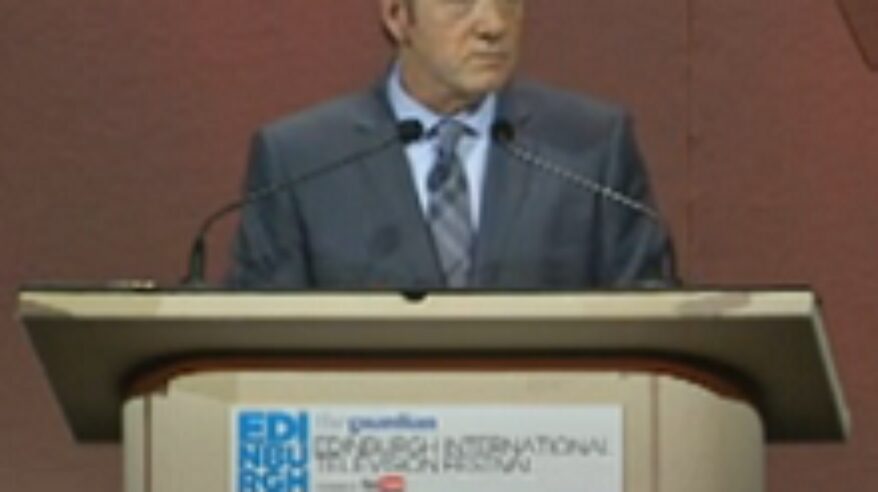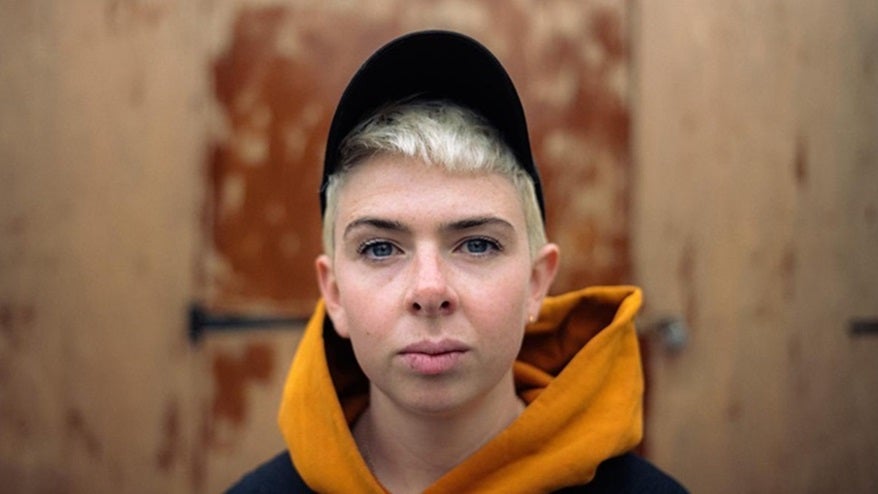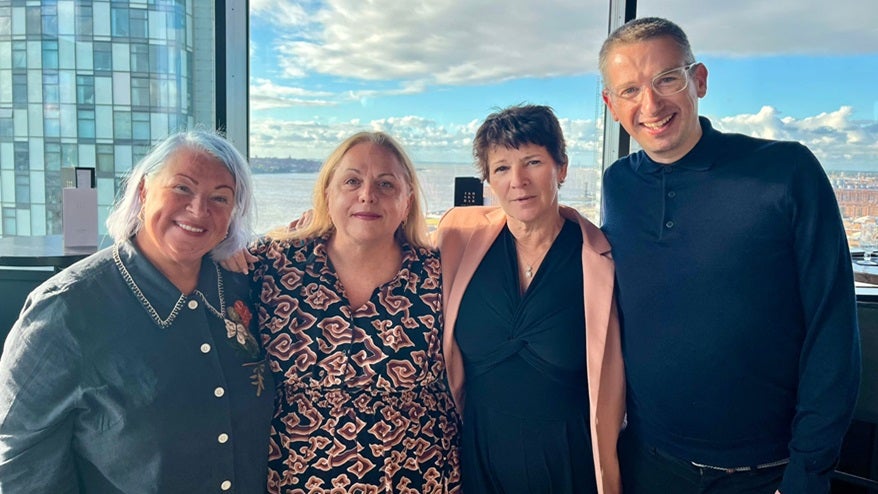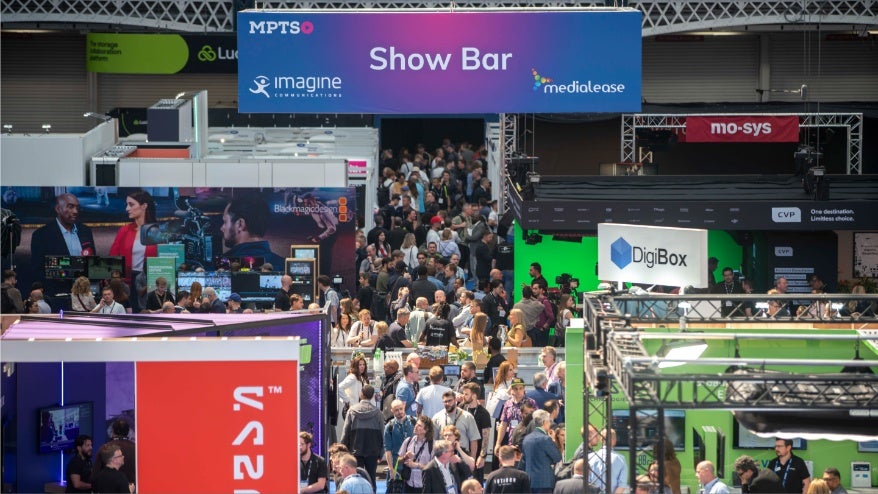It’s the creatives, stupid.

During last week’s Guardian Edinburgh International Television Festival, Kevin Spacey was the first ever actor to deliver the important MacTaggart Lecture, discussing the state of the broadcast industry.
With lessons to be learned from his recent Netflix hit House of Cards and a wealth of precious offscreen and onscreen experience in the industry, executives in Edinburgh braced themselves for a lesson in ‘broadcasting anno 2013’ – and Spacey certainly delivered.
Under the simple but catching slogan-adaptation “It’s the creatives, stupid” actor, director, screenwriter and producer Kevin Spacey kicked off his long-awaited speech at the Guardian Edinburgh International Television Festival.
And the two-time Oscar-winner did not disappoint. In an impressive and motivating speech he told executives that only total freedom, creative talent and innovation could deliver this new golden era of broadcasting.
“We need to be that innovative. In some ways we need to be better than the audience. We need to surprise, break boundaries and take viewers to new places. We need to give them better quality. We might not disrupt the status quo overnight, but we can mould structures at the centre of our businesses; because if we really put talent at the heart of everything we do, we might just be able to have greater highs across a broader spectrum of the industry. That’s what I believe.”
And who, in reality, doesn’t? Well, those with the big bucks it seems. As Spacey highlighted, with numbers comes safety. An example of this is the US pilot market.
Safety in the pilot
The production team behind House of Cards went to all the major networks and every single one was very interested in the idea… but every one of them wanted them to do a pilot first. “We were creating a sophisticated, multi-layered story with complex characters who would reveal themselves over time and relationships that would take space to play out,” the American Beauty actor told the audience in Scotland. A pilot would simply not make a success of this idea.
“Netflix was the only network that said, ‘We believe in you. We’ve run our data and it tells us that our audience would watch this series. We don’t need you to do a pilot. How many episodes do you want to do?’ And we said . . . ‘Two seasons?'”
By comparison, last year 113 pilots were made in the US. Thirty-five of those were chosen to go to air. Thirteen of those were renewed, but there’s not many of those left. The cost of these pilots are somewhere between $300m-$400m each year. This makes the House of Cards’ deal for two seasons look really cost-effective.
The actor, who starred in blockbusters such as L.A. Confidential (1997) and The Usual Suspects (1995) also highlighted that not all successes were at first recognised as such and that shows such as Breaking Bad, The Sopranos and Seinfeld luckily got protected from the cutting power held by the impatient people who have control over the big bucks. Â
Â
Don’t be afraid to share control
Spacey also said that the success of the Netflix model shows that the audience wants more viewing control. “They want freedom. If they want to binge then we should let them binge.”
“I also think we have we have learned the lesson that the music industry didn’t learn: Give people what they want – when they want it – in the form they want it in – at a reasonable price – and they’ll more likely pay for it rather than steal it.
“We get what audiences want – they want quality. We get what the talent wants – artistic freedom. And the only way to protect talent and the quality of o
Share this Article















